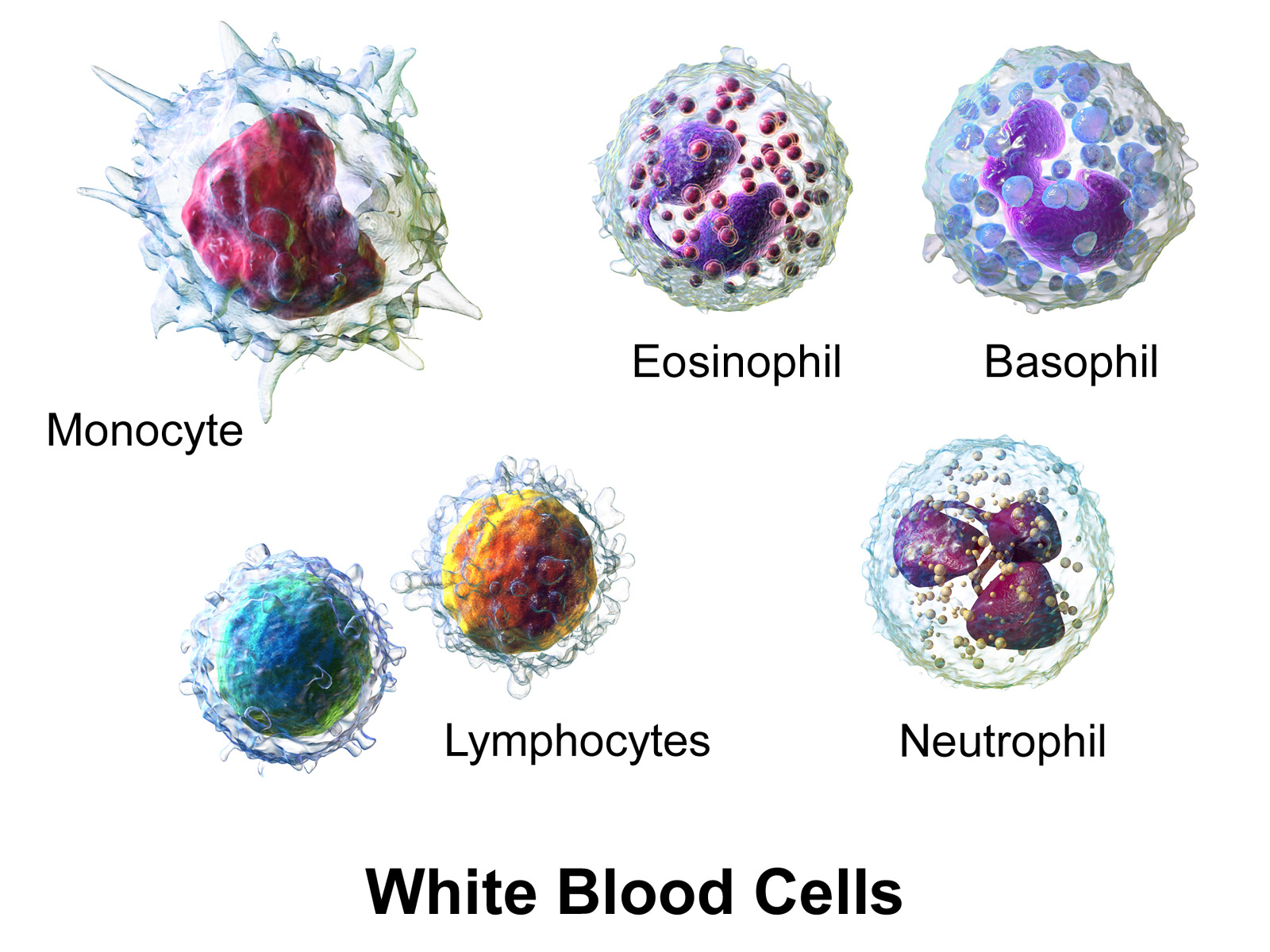Playlist
Show Playlist
Hide Playlist
Lymphadenopathy: Lymphoid Neoplasms – White Blood Cell Pathology
-
Slides Lymph Nodes.pdf
-
Download Lecture Overview
00:02 When the time is right, we’ll walk through lymphoid cancer or lymphoid neoplasia. 00:08 The way that we’ll approach lymphoid neoplasia is that we will divide this into, well, at first, it’s important that we pay attention to ALL and CLL. 00:18 Let me stop here. 00:20 And I want to make sure that you understand the significance of this. 00:23 I don’t want you to just memorize, you know that of me. 00:26 The more you understand this, the better off you’ll be so that you cannot get fooled by any question or case that is thrown your way. 00:34 If your patient develops leukemia, the youngest of the leukemias will be ALL. 00:41 And the median age of 70 some will be CLL. 00:46 These are some very common leukemias. 00:49 "But, Dr. Raj, that says lymphoid neoplasia." "Why are you discussing leukemia under this?" Let me tell you. 00:57 If it’s a leukemia, the origin of leukemia is going to be the bone marrow in which it spills out into blood. 01:06 -emia means blood. 01:08 At some point, don’t you think that these leukemic cells might then enter the lymph node? Yes, they can. 01:15 So now, you have a leukemia that has caused what? A lymphoma. 01:20 Oftentimes, CLL -- and I will talk about this later on. 01:24 CLL will be associated always with SLL, won’t it? The CLL is the leukemic version of your SLL. 01:32 The SLL is the lymphoma version of your CLL. 01:36 Hence, we have leukemias that oftentimes will present with non-tender -- non-tender. 01:42 It doesn’t hurt. 01:43 “Hey, doc, I have a lump in my neck.” Does it hurt? "No." Lymphomas. 01:49 Technically now, with lymphomas, meaning to say you have a cancer that originated in the lymph node, this then brings us into a category or categories of Hodgkin versus non-Hodgkin lymphoma. 02:04 What does Hodgkin mean to you? You reflexibly should be thinking histologically different types of Reed-Sternberg cell. 02:10 The point being is if you see Reed-Sternberg, it means Hodgkin. 02:16 If you do not see Reed-Sternberg, it’s non-Hodgkin. 02:20 If you look at lymphoma, diffuse large B-cell lymphoma, Burkitt lymphoma make up a pretty big, big percentage of our non-Hodgkin’s lymphoma, you add in there CLL, you pretty much know all of your non-Hodgkin’s lymphoma. 02:36 How can you add in your CLL? Remember, once again, you can have leukemic cells that go into your lymph node and present as a lymphoma. 02:44 And do you find Reed-Sternberg cells in CLL? Not at all. 02:47 Remember, you’ll find smudge cells, cracked chromatic, which you will never find in Reed-Sternberg. 02:53 What if you did find Reed-Sternberg? Then you call this a Hodgkin lymphoma. 02:57 You call this a Hodgkin lymphoma. 02:59 And we’ll talk about different types of Reed-Sternberg including classic, including monocytic, and so on and so forth. 03:06 Our topic at this point is lymph node neoplasia. 03:10 Plasma cell disorders, especially, let’s say Waldenstrom. 03:15 Waldenstrom is also called lymphoplasmacytic lymphoma. 03:21 And when the time is right, we will compare and contrast multiple myeloma with Waldenstrom. 03:27 Let’s continue.
About the Lecture
The lecture Lymphadenopathy: Lymphoid Neoplasms – White Blood Cell Pathology by Carlo Raj, MD is from the course Lymphadenopathy – White Blood Cell Pathology (WBC).
Included Quiz Questions
Which of the given neoplasms is found most frequently in younger age groups?
- Acute lymphoblastic leukemia
- Chronic myeloid leukemia
- Acute myeloid leukemia
- Multiple myeloma
- Chronic lymphocytic leukemia
Which type of cell is the characteristic histologic feature of Hodgkin’s lymphoma?
- Reed-Sternberg cells
- Smudge cells
- Diffuse large B-cells
- Bite cells
- Schistocytes
Customer reviews
5,0 of 5 stars
| 5 Stars |
|
5 |
| 4 Stars |
|
0 |
| 3 Stars |
|
0 |
| 2 Stars |
|
0 |
| 1 Star |
|
0 |





